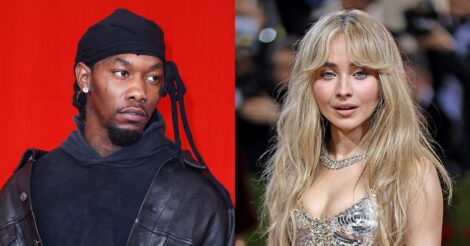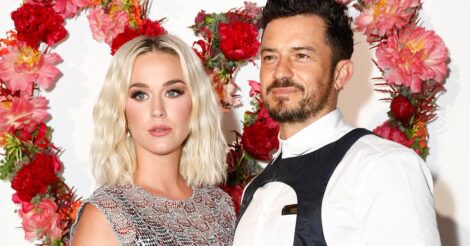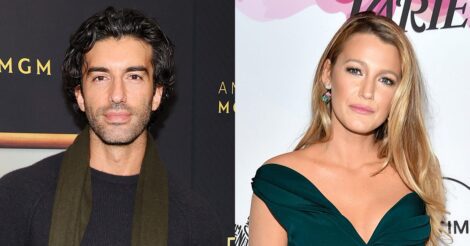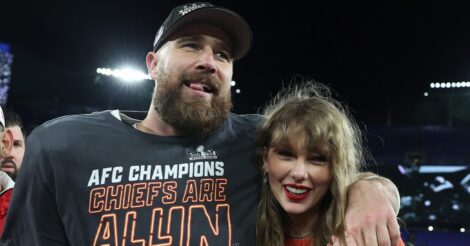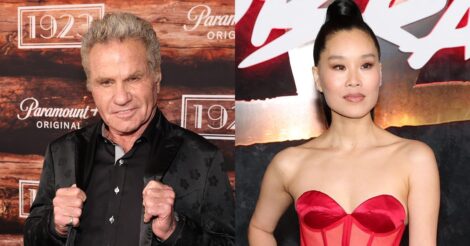
Justin Baldoni got raw and honest about his experience directing and acting in this summer’s adaptation of It Ends with Us. The 40-year-old actor, who plays the complex and controversial Ryle Kincaid opposite Blake Lively’s Lily Bloom, shared the emotional toll the project took on him during an appearance on Elizabeth Day’s How to Fail podcast.
Tackling dual roles as both director and actor is no easy feat, and Justin revealed the unique struggles he faced while managing the weight of his responsibilities. “Directing is a very lonely job, I’ll just be very candid,” he said. “Because you are kind of at the top of this totem pole. In your moments of quiet, everybody has a thousand questions for you and also nobody wants to disturb you, and you don’t really have many people to talk to. You can’t necessarily share your anxiety or your nervousness about something because you’re also the leader.”
But directing a film while playing a character as emotionally complex as Ryle added another layer of difficulty. Justin shared that the intensity of Ryle’s darker moments sometimes overwhelmed him, pushing him to his limits. “There were moments in the filming of this where I would just have to leave. I’d have to remove myself and go shake it out,” he admitted. “I’ve done a lot of somatic therapy, so there were times when I was actually just shaking.”
One particularly difficult scene came when Ryle discovers a phone number on Lily’s phone, sparking a storm of jealousy and anger. “There’s a moment in the movie where Ryle finds Lily’s phone… He doesn’t harm her, but you can see in his eyes how dangerous he is,” Justin explained. After filming the emotionally charged scene, Justin reached his breaking point.
“After that scene, I had a near breakdown,” he revealed. “And I had to leave and just cry and shake because there was so much pain. What’s hard about a character like that isn’t necessarily what he does. What he does is a result of what he has kept in, and so what’s hard about having that in your body is having the trauma live in your body of what he’s experienced.”
He described the emotional baggage he had to carry to authentically portray Ryle. “Creating that trauma in your body and creating that insecurity and the pain and the feeling that you shouldn’t actually be alive… It’s all your fault. Nobody really loves you. That was very hard and that took a few months,” Justin said.
The role left a lingering impact on him, even haunting his dreams. “I had dreams as him for a while, and it lived in my body,” he shared. However, he added that with time, he was able to let go of Ryle’s darkness. “For the most part, he’s out.”
Justin’s candid reflections shine a light on the challenges of inhabiting emotionally charged characters while leading a film. His vulnerability and dedication to the project are a testament to his commitment as both an actor and director.

